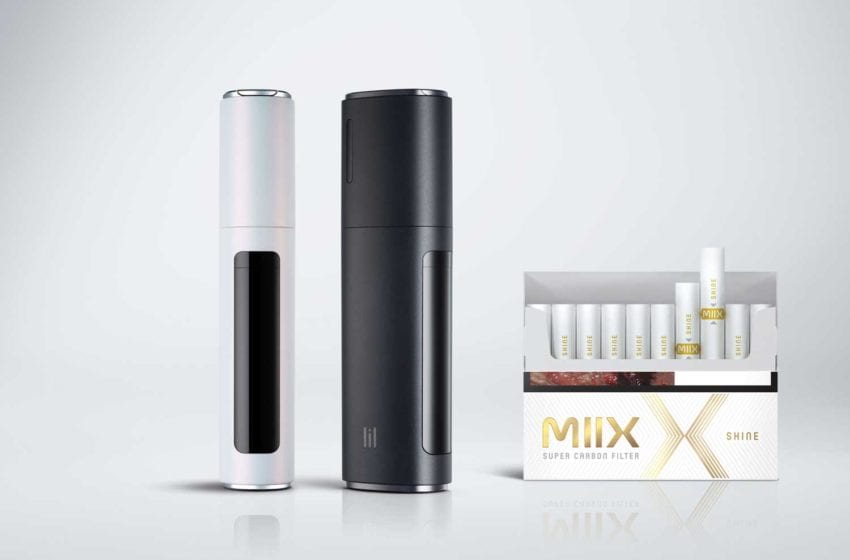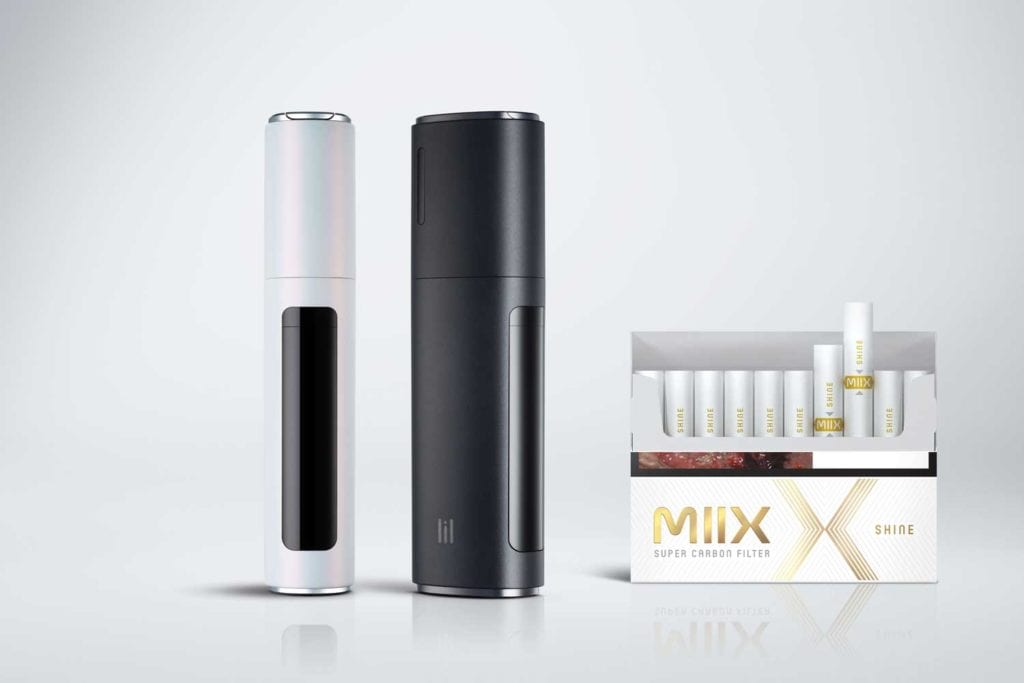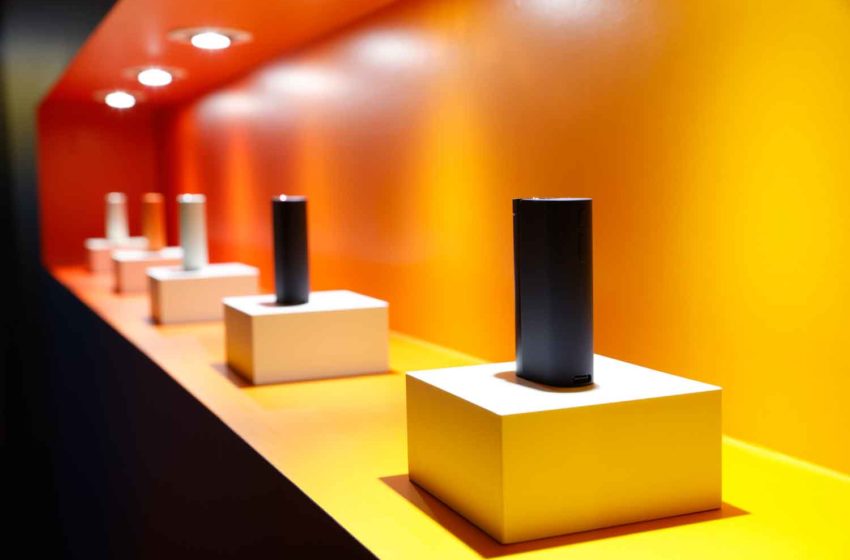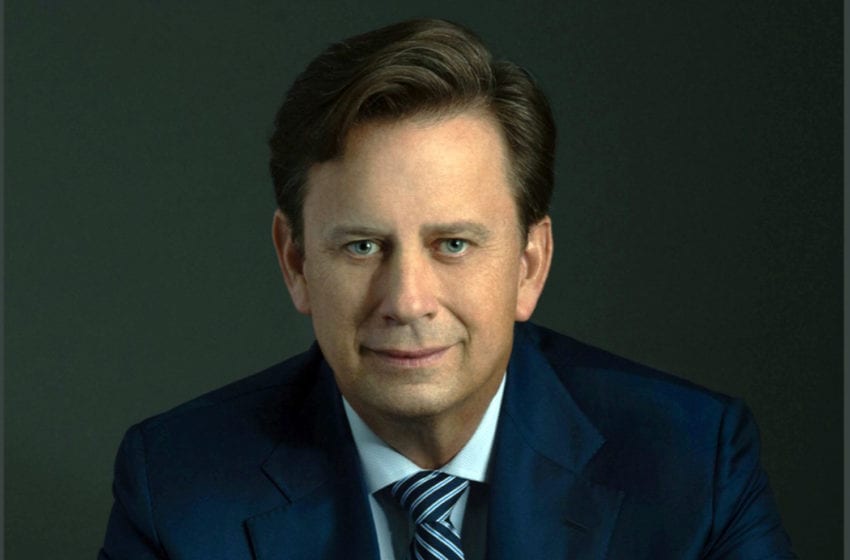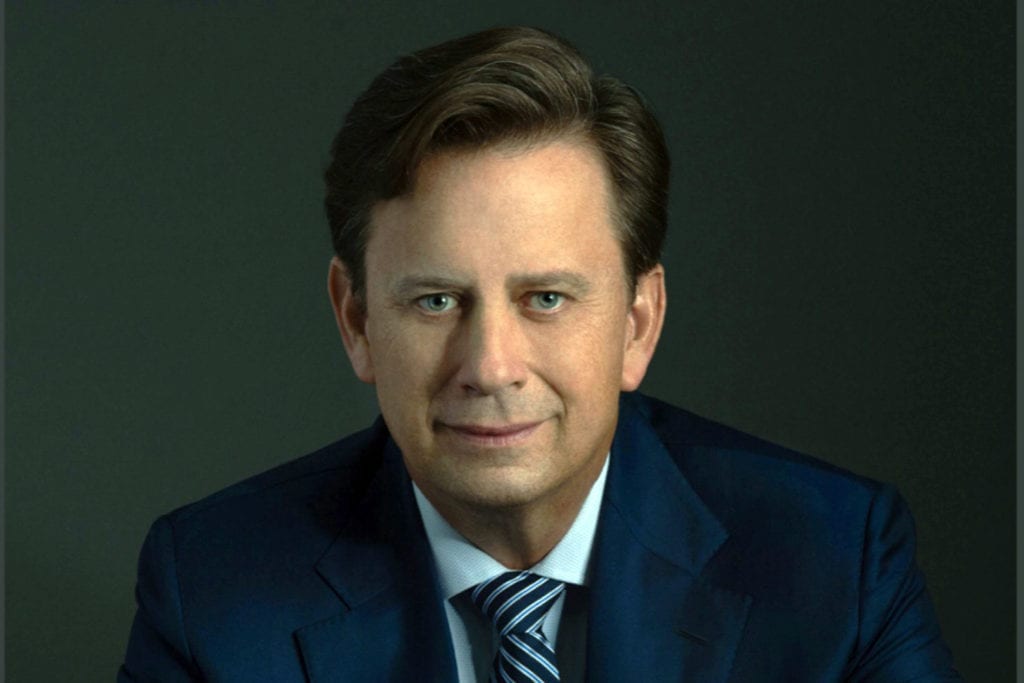
The High Court of Justice in London ruled April 17 that Philip Morris Products’ (PMP) patents protecting a tobacco-heating technology are valid, reports Law360. The ruling represents a defeat for BAT and its Nicoventures subsidiary, which had sought to revoke PMP’s patents.
While considering the patent valid, the court also said that BAT’s Glo heated-tobacco products did not infringe the patents, heading off an infringement counterclaim filed by PMP.
The April 17 ruling is the latest chapter in an ongoing intellectual property dispute between the tobacco giants.
PMP initially sued BAT and Nicoventures, claiming they infringed several of its tobacco-heating technology patents. This prompted BAT and Nicoventures to file counterclaims seeking to invalidate the patents.
The proceedings have now branched off into several different actions before the High Court.
In the current case, Nicoventures argued, among other things, that the PMP technology was obvious in light of a 1998 patent application referred to as “Pienemann,” which covers a “system for providing an inhalable aerosol.”
While Pienemann, like PMP’s technology, has multiple heating elements, Judge Michael Tappin said that a skilled team would consider the multiple heaters to “mimic” one heater. Pienemann also did not specify the inclusion of a thin-film heater as seen in the PMP patent, instead describing a “graphite loaded sheath,” according to the judgment.
Regarding the infringement claim, Tappin said that BAT’s Glo products did not infringe the patents because they did not include a method of allowing different parts of the heating system to be heated at different times.



